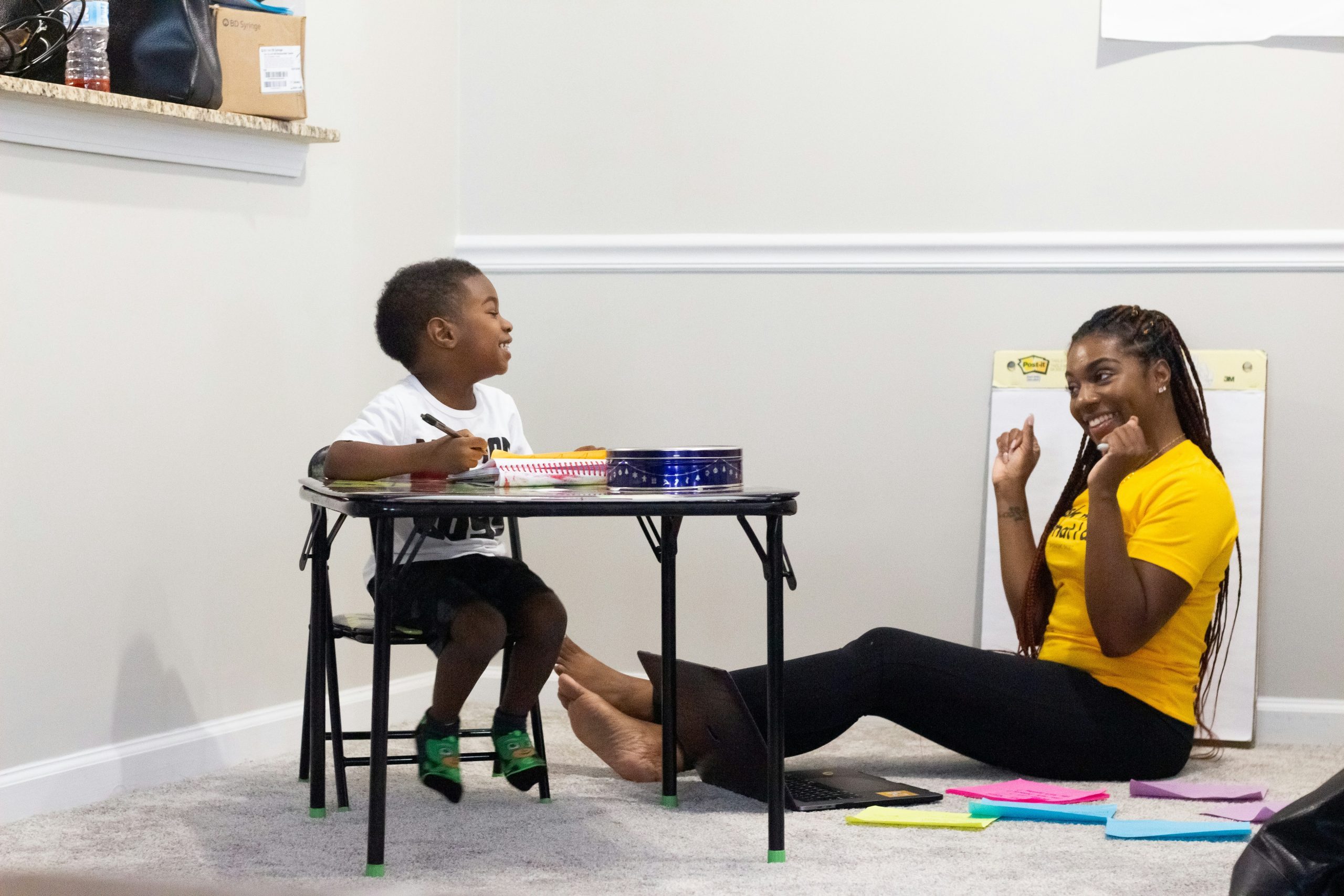Financial Planning and Budgeting for Families with a Neurodivergent Child
When Lisa’s three-year-old son was diagnosed with autism, her world shifted overnight. The therapies recommended by specialists promised progress, but they also came with a heavy price tag.
In many cases, neurodivergent therapy can require 10 to 40 hours a week, making it one of the biggest expenses families face.
Lisa remembers sitting at her kitchen table late at night, calculator in hand, trying to figure out how to stretch one paycheck across therapy bills, groceries, rent, and gas. “I felt like I had to choose between my child’s future and our family’s survival,” she later shared in a parent support group.
If you have ever felt that same knot in your stomach, you are not alone.
Love Doesn’t Cancel the Bills
Raising a child with special needs is a journey of courage, patience, and fierce love. Alongside the emotional weight is a financial one.
Psychological assessments, occupational therapy, speech and language therapy, ABA therapy, play-based therapy, specialized equipment, adaptive technology, individualized transportation, home modifications, educational support, and/or school fees can quietly pile up.
Many parents don’t share their financial stress,one of the biggest challenges parents of children with special needs face.
This is the hard part, ignoring the numbers doesn’t make them go away. It only makes the pressure heavier.
You Can Build a Plan That Protects Your Child
Do you want to read the good news? You don’t have to solve everything at once. Financial planning for a child with special needs does not imply perfection. It’s building a steady and flexible plan .
When you create a clear budget and a simple long-term strategy, you give your family something powerful which is stability. Stability gives your child room to grow, learn, and thrive.

A Home Where Planning Brings Peace
Imagine opening your budget and seeing a clear path forward. You know where the therapy money is coming from. You have set aside a small emergency fund. You are exploring programs or benefits you didn’t even know existed.
Nothing magical has happened, but the anxiety has softened.You are no longer reacting to every bill.You are guiding your family with intention.
That quiet confidence is what financial planning can bring.
Five Practical Steps to Start Today
You don’t need a finance degree to begin. Start with these simple steps:
- List all current expenses. Include therapies, medications, school fees , transportation, and any specialized services.
- Separate needs from extras. Focus first on what directly supports your child’s health, learning, and daily life.
- Research available support. Look into government programs, nonprofit grants, or insurance options.. Search for the school inclusion department in your neighborhood and locate schools that offer in-school specialized services. You might consider relocating to that area.
- Build a small emergency cushion. Even saving a little each month can protect you from sudden expenses.
- Think long term. Explore tools like special-needs trusts, ABLE accounts, or life-insurance planning when you are ready.
You don’t have to do everything at once. Take one step at a time, and that will be enough.
Hear What Special Needs Alliance Has to Say (legal and financial specialists)
A professional guide from the Special Needs Alliance states:
Careful financial planning is always a good idea, especially if you have a loved one with special needs.
The same expert guidance emphasizes that people with special needs often rely on benefits and family support, making structured planning essential.
You as the Hero
You are the one showing up to appointments, advocating at school meetings, and making tough decisions with love and courage. Financial planning is building a steady and flexible plan that can protect your child’s future and your family’s peace of mind.
Like Lisa, you may have nights where the numbers feel overwhelming. With a plan, those late-night calculations can turn into a roadmap.
Every small step you take today becomes a bridge to a more secure tomorrow for you and your child.
Heroes don’t always wear capes.Sometimes they sit at the kitchen table or in their favourite spot, pencil or phone in hand, building a future for their loved ones with a clear budget.
If you found this reflection helpful, you may find additional guidance in Prof. Sherley’s resources on inclusive education and homeschooling. We will continue to share insights and practical tools for families navigating this journey.
Sources
First Citizens Bank – Financial help for parents of a child with special needs
Special Needs Alliance – Securing the future: The essential role of special needs planning
State Farm – Special needs financial planning
Stateline – Families worry as cost of autism therapy comes under state scrutiny
“Families worry as cost of autism therapy comes under state scrutiny • Stateline”
















